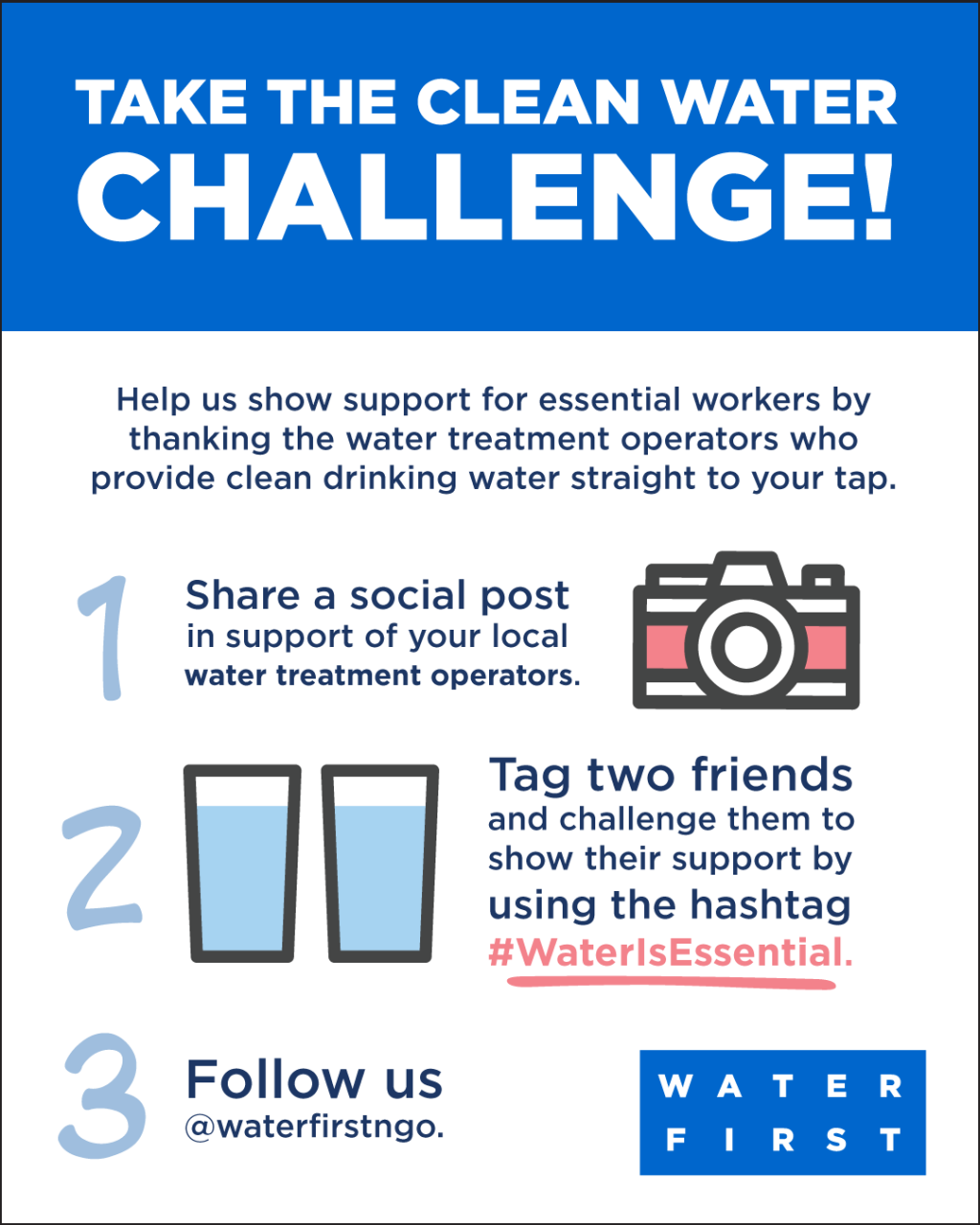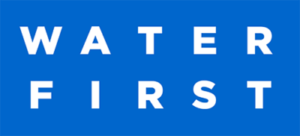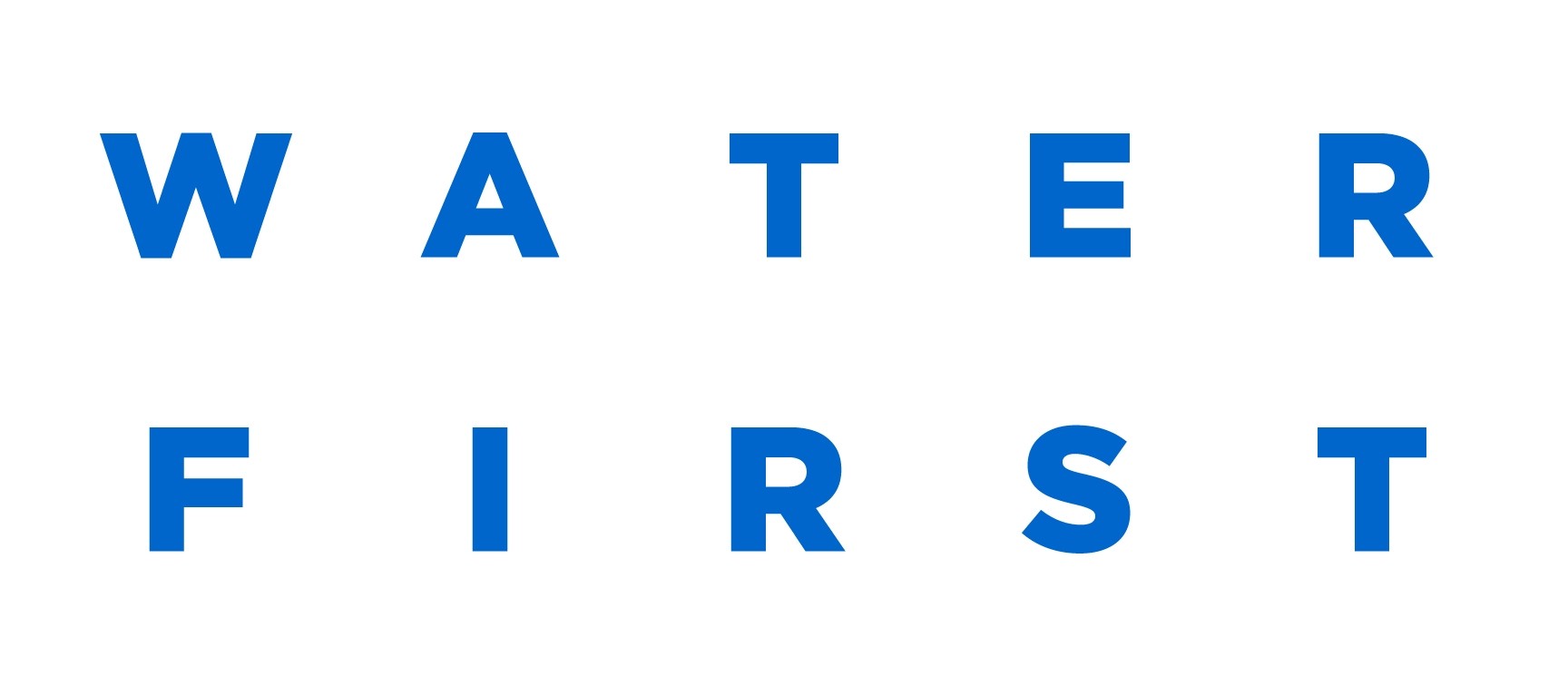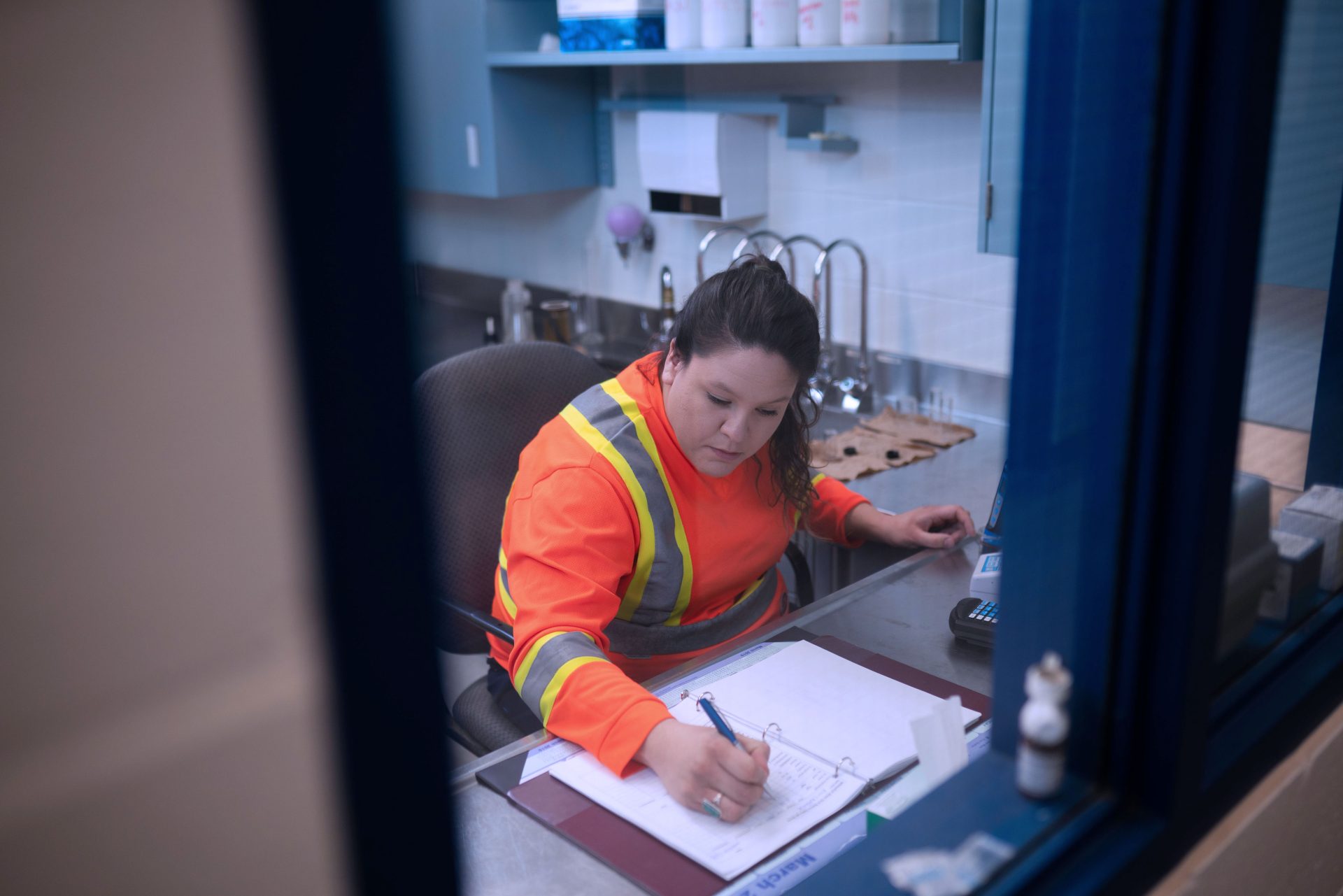The latest news and updates on our programs.
Water Plant Operators Have an Essential Role
The last few weeks have been an interesting challenge. And to be honest, Water First is still navigating the new reality of working from home, just like you. We realize more than ever how our focus on building meaningful partnerships over the past 10 years truly makes a difference today.
Recently, an intern shared their pride in coming to understand the essential role that water plant operators have. Especially during their community’s response to COVID-19.

Jamie Lee Parenteau, Water First Intern, Wabigoon Lake Ojibway Nation
Water First would prefer to be in communities, side-by-side with our partners. But the health and well-being of Indigenous communities is our top priority. So instead, our team has been listening carefully and adapting our programs.
Water First is developing remote and interactive online programming tailored to our interns. We are working closely with each intern to understand their own personal response to the situation. This is top of mind when creating options and exploring digital solutions, especially for remote areas. In partnership with our friends at the Walkerton Clean Water Centre, our drinking water interns were shipped textbooks last week. This will allow our team to tutor interns from afar and help prepare the group for upcoming certification exams.
We are connecting with First Nations school partners, sharing learning resources like these from the National Ground Water Association. We are also supporting students, including a high school group from Lake St. Martin First Nation who are keeping the momentum going on their Water First environmental initiative. Students are creating handmade wooden signs promoting sustainability. As well as planning for gardens in their community, which was recently relocated. As our partners determine plans for the rest of the school year, we will continue to adapt our programming and support.
As always, our focus will remain on pursuing lasting results and inspiring a passion for clean water.
Next Generation of Water Keepers
Water First is collaborating with Naskapi Nation of Kawawachikamach on a 4-year Environmental Water project in northern Quebec. This community is home to the only group of Naskapi people in the world.
The project was developed in consultation with community leaders, wildlife harvesters and Elders. Together we aim to better understand the effects of a changing climate on local fish populations and concerns of mercury contamination in the natural environment.
Learn more about our environmental interns Lawrence Mameanskum and Noah Mokoush.
Lawrence Mameanskum
Lawrence Mameanskum
“I started working with Water First because I want to gain more knowledge about restoration and water quality analysis,” shares Lawrence.
Lawrence is a Water First Environmental Intern from Kawawachikamach. He has been working on water quality and restoration projects for Naskapi Nation in partnership with Water First. Last summer he was involved in fish populations assessments in Attikamagen Lake. “This lake is very important to my community as it is part of our traditional fishing and hunting territory.”
Lawrence is a Canadian Ranger taking on rescues in the north. He is trained and knowledgeable about the land, which has been helpful for the team. He has a love for fishing and this past winter was asked to hunt caribou for the community.
Lawrence is interested in balancing traditional knowledge with western science and conservation. “ I liked using the scientific equipment and enjoyed learning new techniques during my first field season with Water First.” With the teachings from his grandfather, he is able to bridge both worlds for his community. “I hope I can share my experiences and knowledge with the younger generation and teach them about the restoration and conservation of our land.”
Noah Mokoush
Noah Mokoush
Over the years, Noah has been inspired to take on community education projects. Everything from local concerns about stray dogs to diabetes studies and environmental projects. He shows his care through his work. “I like helping people and I’m very passionate about the land, our culture and the people.”
Noah is a Water First Environmental Intern. He has been involved in a contaminant sampling program for heavy metals and fish population studies in Kawawachikamach. “I want the community to feel secure and show them that it’s okay to fish, but we have to be careful. I want to help the community make better choices.”
His role as a community translator of traditional Naskapi has been helpful with the recent Water First food frequency questionnaire. Interns are collecting data on fish consumption and possible health risks due to heavy metals. “This will help us make more informed decisions about our diet,” Noah explains.
With a great sense of humour and a strong interest in learning, Noah has enjoyed the opportunity to connect with other Water First Interns. After attending a Water First workshop in Quebec City last fall, Noah shared, “I like that there were also people from different First Nation communities. They had different obstacles than us, but we got to learn and exchange ideas with them. I hope it will help to keep improving our restoration work.”
"I can only imagine how many issues the COVID-19 pandemic is creating for Indigenous communities. My donation is a small one which is the best I can do at this moment. Best of health and wellbeing to all."
Water First Donor
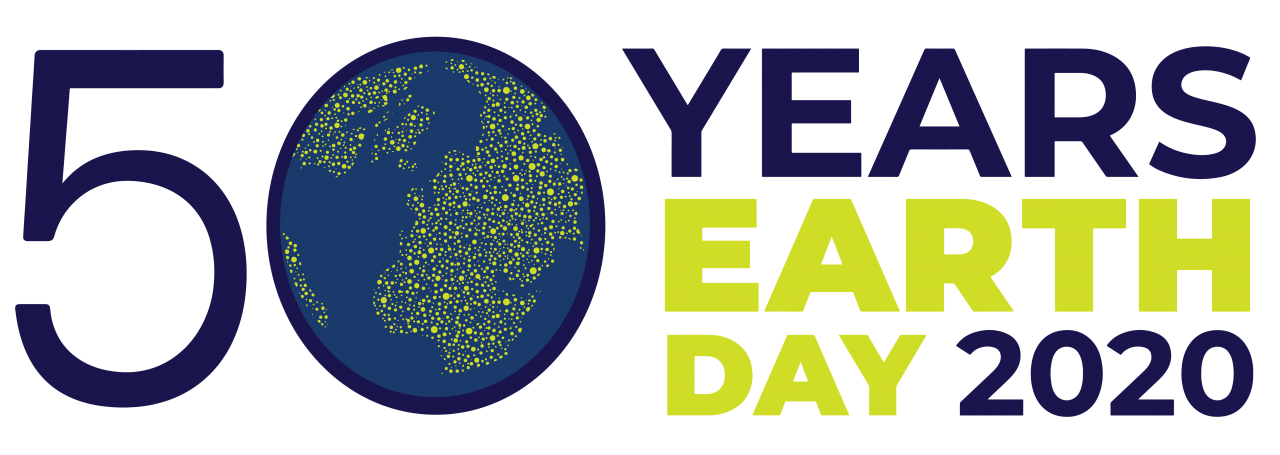
As we approach the 50th anniversary of Earth Day this April 22nd, it is a strong reminder of the lasting results we are striving towards together.
The water crisis in Indigenous communities in Canada is unacceptable. With your help and in true partnership with communities — we are supporting sustainable and safe water in Indigenous communities for generations to come.
Everyone has a right to safe, clean water. And you are a part of the solution. Thank you!
Let’s keep the momentum going!
Take the Clean Water Challenge
Help us show support for essential workers by thanking your local water treatment operators who provide clean drinking water straight to your tap.
Here’s the challenge:
- Share a social post in support of essential workers by thanking your local water treatment operators!
- Tag two friends and challenge them to show their support by using the hashtag #WaterIsEssential
- Make sure to follow @waterfirstngo
Want an image to share with your post?
